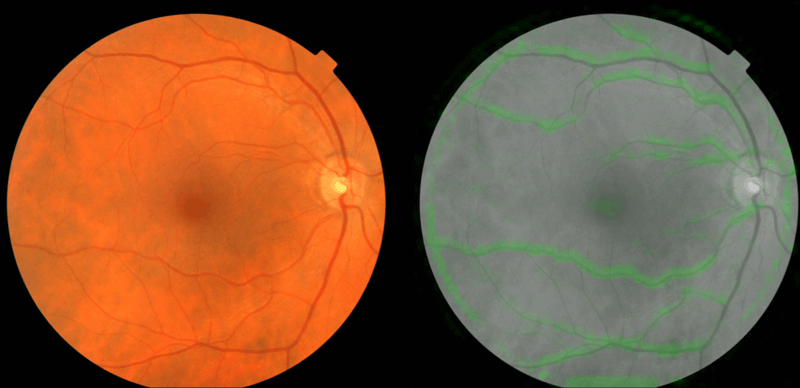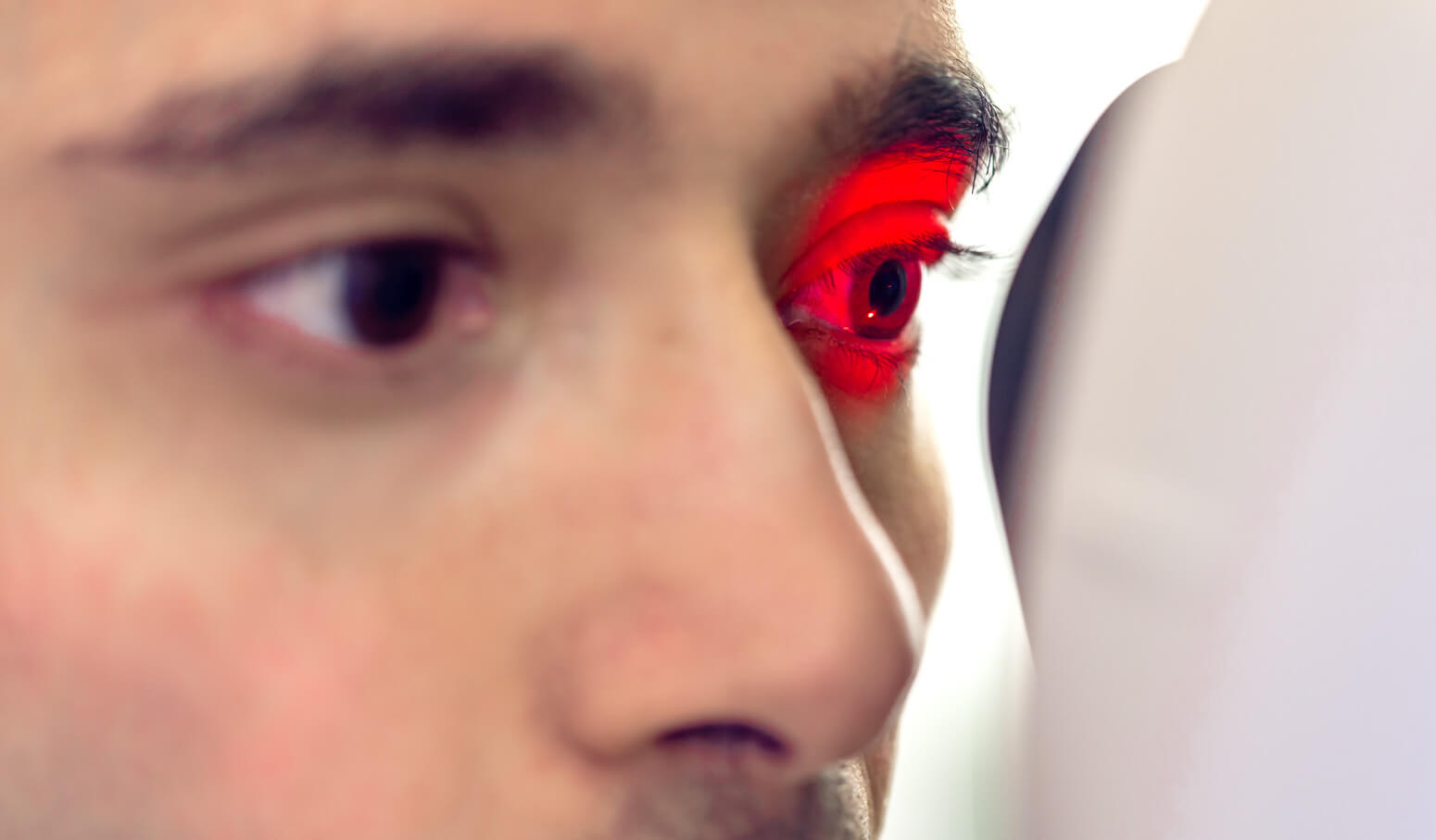One of Google's latest developments in machine learning is the ability to accurately predict a person's risk for heart disease by simply looking at their eyes. Verily, Google's medical technology subsidiary, has created software that can guess a person's age, blood pressure and smoking habits from scans of the back of a patient's eye. By applying machine learning techniques, this information can be used to then predict a patient's risk for cardiac problems as they age.
Details of the research were published in Nature's Biomedical Engineering journal. While traditional screenings involve a blood test and can take days or weeks to process, this new optical scan will be almost instant and does not require any blood work.
The technology, called retinal fundus photography, appears to be roughly as accurate as traditional methods although more research still needs to be done. Google's algorithm is about 70 percent accurate compared to the 72 percent accuracy that traditional methods can achieve.
To create and train the algorithm, scientists used a dataset of 500,000 patients from across the UK. A scan was taken about a decade ago and was then coupled with information on whether or not that patient experienced any cardiovascular incidents in the years since. Neural networks were used to find patterns in the eye's blood vessels which typically correspond to an increased cardiovascular risk. The photo below shows the raw retinal fundus photograph on the left and the computer's analysis of a patient's blood vessels on the right.

While we are still many years away from robotic doctors, developments like this make it clear that the technology is definitely on its way.
